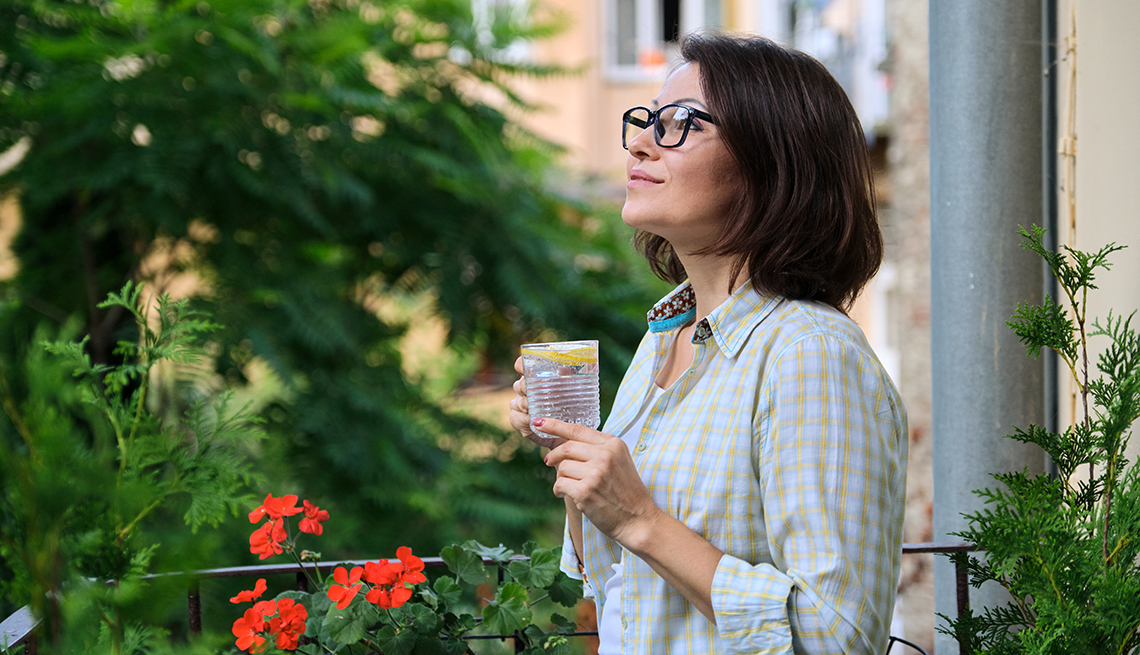
Daily Acts of Self-Care Can Ease Caregiving Stress
- Select a language for the TTS:
- UK English Female
- UK English Male
- US English Female
- US English Male
- Australian Female
- Australian Male
- Language selected: (auto detect) - EN
Play all audios:

By Lee Woodruff En español Published June 15, 2021 Lee Woodruff PHOTO CREDIT: STEFAN RADTKE
If there are any topics you would like me to address or standout caregivers I should know about, email me your thoughts to [email protected].
A few weeks after my husband was injured by a roadside bomb in Iraq and was lying in a coma with a head injury at Bethesda Naval Hospital in Maryland, I received a massage gift certificate
from a girlfriend. The prospect of someone kneading my cement-like muscles was appealing. But the thought of leaving the hospital to do something for myself made me anxious. What if Bob woke
up from his coma while I was gone? What if he was looking for me and I was at a spa? It felt wrong to be enjoying something so much when the person I loved most was lying in pain with half
his skull removed. The whole experience felt self-indulgent.
My sister finally pushed me out the door, and I spent the entire hour worried about Bob, intermittently weeping at the kindness of this stranger's touch. I remember wearing my wedding ring
on a chain and telling the massage therapist that I absolutely couldn't take it off, certain that that would jinx Bob's recovery.
Reduce stress, increase wellnessMost caregivers I know have a complicated relationship with self-care. We keep a polite smile on when someone (usually not actively caregiving) tells us, “Make sure you take care of
yourself, too!” Sure. Of course. Easier said than done.
So how do you find ways to incorporate very specific actions and physical wellness into your day when so much of these activities revolve around someone else? I asked my own massage
therapist and health guru, Michele Cappellano, of Pocono Pines, Pennsylvania, to share exercises and other actions that all caregivers can follow to reduce stress and promote overall
wellness, especially if it is more difficult to get out of the house.
"The first thing you have to do is be realistic with yourself when it comes to taking good physical care,” Cappellano advises. “If you set the goals too high, you will only be discouraged."
Cappellano suggests thinking about what skills you already have in your wheelhouse and what kinds of activities you will be most likely to follow through with. You also need to convince
yourself that you deserve the care (as I was unable to do during that massage) and be aware that this act will take effort.
